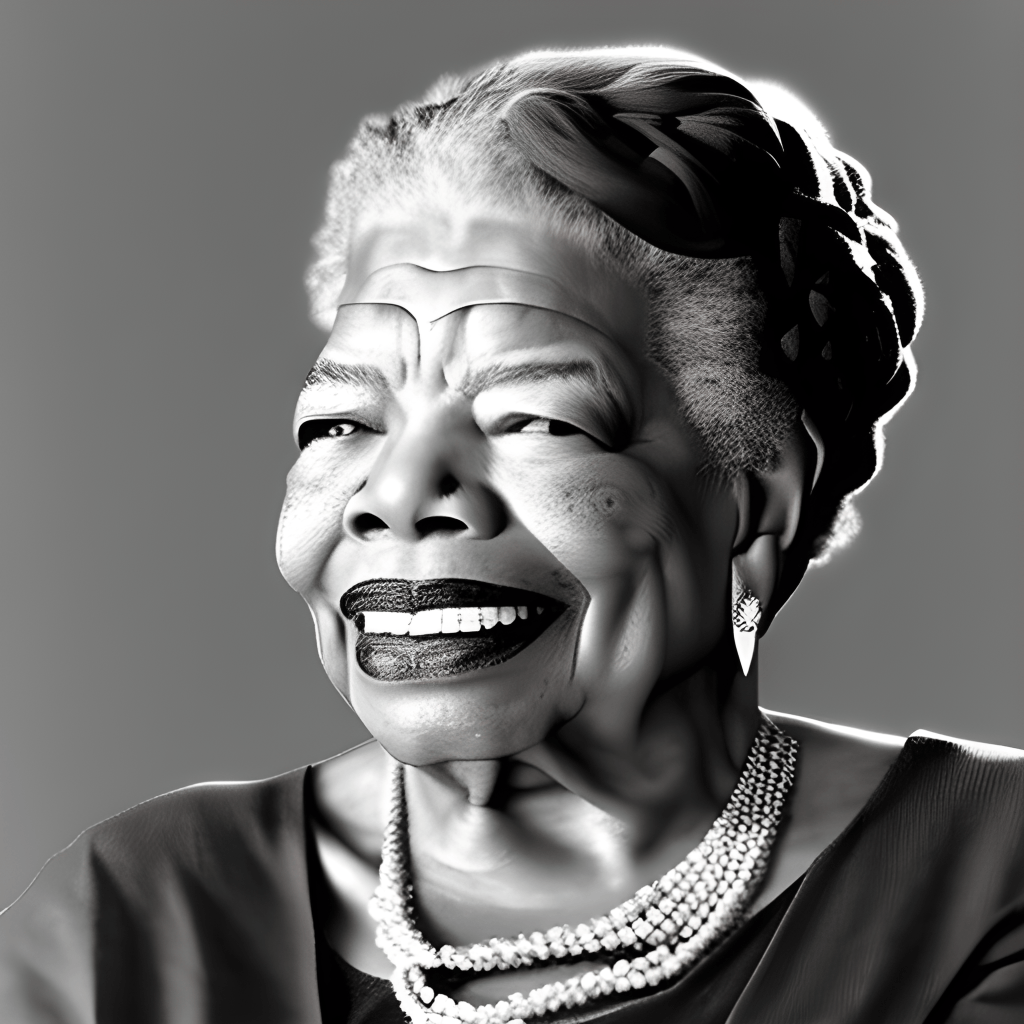“You strike the women, you strike the rock.” – South African History Archive
Over 50 years ago, psychologist and psychoanalyst Erich Fromm asked a monumental question in his book, The Art of Loving: “if our whole social and economic organization is based on each one seeking his own advantage, if it is governed by the principle of egotism […], how can one do business, how can one act within the framework of existing society and at the same time practice love?”
In 1984, Dutch social psychologist Geert Hofstede studied international cultural differences. He noted that cultures that esteem masculine values over feminine ones tend to prioritize competition, achievement and economic growth over cooperation, peace and harmony.
And in 2001, in his book titled Intuition: Knowing Beyond Logic, the Indian spiritual leader Osho beautifully penned, “the female mind has grace, the male mind has efficiency. And of course in the long run, if there is a constant fight, the graceful is bound to be defeated and the efficient mind will win, because the world understands the language of mathematics, not of love.”
“But the moment your efficiency wins over your grace,” Osho says, “you have lost something tremendously valuable: you have lost contact with your own being.”
Towards a More Peaceful Society
Today, we face a humanitarian crisis. Times of war beg the question of peace, and so, what will it take to reach peace?
Different philosophers, political analysts, and historians each have their own opinions. Mine, however, is consistent with the ideas Fromm, Hofstede, and Osho were trying to convey: our modern society is not built for peace. And so, peace requires changing the very tapestry of our cultural foundations.
Fromm wrote his book over 50 years ago, yet the principles that govern our society have not changed. If our society is not optimized for love, then it is not optimized for peace. And if our society is optimized purely for self-serving egotism, then there can only be war.
The historical roots of wars are not as important in this particular conversation; the constituents of a society hospitable enough for war is what is. Without the revival of the feminine – with its grace, love, and unconditional positive regard – there can only be war.
Internal wars, external wars.
Licensed clinical psychologist and psychoanalyst Dr. Maya Bou Khalil says, “war is sometimes an occasion to meet your inner enemy, with whom the fiercest battles are fought.”
The Hidden Enemy
So who is our common, inner enemy?
I believe it is our unconscious patriarchal conditioning – an ingrained mindset that influences our beliefs, behaviors, and relationships, often without us even realizing it. It lurks behind in the background of our everyday lives. It is reflected in which corporations make it to the Fortune 500 and which influencers end up with the loudest voices. It is reflected in our ability to collaborate rather than compete, to choose alliance for the greatest good even at the cost of potential material gains.
When our society does not value the feminine, our shortcomings are exposed in every single area. Food ceases to be as nourishing as its original form because it begins to be tampered with for profit. Human fulfillment begins to diminish in importance as other measures of success take center stage. And uniqueness that can only be appreciated by the unconditional love of Mother Earth begins to be undervalued and overpowered by sameness and conformity.
As in school and business, numbers do not always tell the whole story. Very similarly to a student who can cheat to achieve top ranking, prosperous business does not always equate to success. In the language of the feminine, it does not only matter where you are, but how you got there.
“If the left hemisphere of the brain goes on dominating you, you will live a successful life,” Osho says. “You may conquer the whole world like an Alexander, but your own territory will remain unconquered.” Because your own territory can only be conquered by opening up to the feminine and allowing it to shake you to your core.
Love as the Center
Most if not all religions in the world emphasize love as one of the most fundamental principles, and it is no wonder why. Without the exchange of love, the feminine dies. And in our world today, the feminine is suffocating.
Peace is not simply a goal to be reached systematically. It is a natural byproduct of a society built on love. And love is the natural byproduct of a society where each person has allowed the feminine attributes of tenderness, peace and harmony to rule their own empire equally. In the great words of Pierre Teilhard de Chardin, “a universal love is not only psychologically possible; it is the only complete and final way in which we are able to love.”










